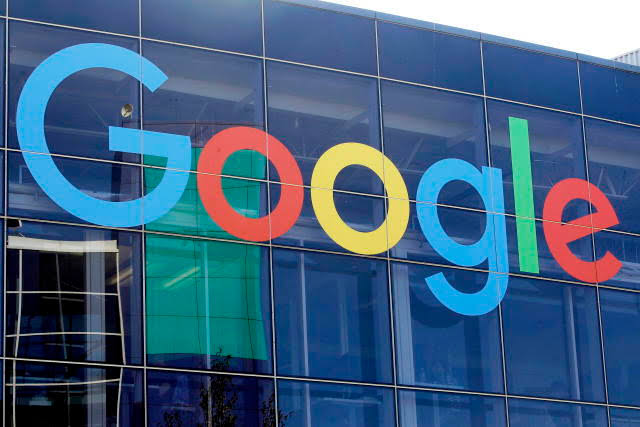Google submitted a proposal to address antitrust concerns, suggesting a US judge impose restrictions on its licensing practices rather than force the sale of its popular Chrome browser.
The tech giant filed a 12-page proposed order recommending that it be barred from requiring favorable treatment of its software as a condition for licensing popular apps like Chrome, Play, or Gemini.
This proposal counters the US Department of Justice’s (DOJ) November request for a drastic antitrust remedy, which included dismantling Google’s business by selling its widely used Chrome browser. The DOJ also called for banning agreements that make Google the default search engine on smartphones and preventing it from leveraging its Android operating system to dominate the market.
The next stage of the landmark antitrust trial, where US District Court Judge Amit Mehta declared Google a monopoly in August, focuses on determining appropriate remedies.
Google’s filing proposed that Judge Mehta prohibit the company from using the desirability of its applications to coerce mobile device manufacturers into pre-installing its search software or setting it as the default.

“Nothing in this Final Judgment shall otherwise prohibit Google from providing consideration to a mobile device manufacturer or wireless carrier with respect to any Google product or service in exchange for such entity’s distribution, placement on any access point, promotion, or licensing of that Google product or service,” Google’s proposed order stated.
The DOJ’s call for a breakup of Google represents a significant shift in the government’s approach to regulating tech giants, marking its most aggressive antitrust action since its failed attempt to dismantle Microsoft over two decades ago.
Regardless of Judge Mehta’s final decision, Google is expected to appeal, potentially extending the legal battle for years. The ultimate outcome may rest with the US Supreme Court.
The case could also take a new direction with the incoming administration of President-elect Donald Trump. His team, expected to replace the current Justice Department’s antitrust division, may choose to continue the case, seek a settlement with Google, or abandon the effort entirely.
The trial, which concluded last year, revealed the extent of Google’s confidential agreements with smartphone manufacturers, including Apple. These deals involve substantial payments to secure Google’s search engine as the default option on devices like iPhones and browsers.
Judge Mehta ruled that such arrangements granted Google unparalleled access to user data, enabling it to solidify its dominance in the global search engine market.
This high-stakes case underscores the challenges of regulating tech giants while balancing innovation and competition in the digital economy.




